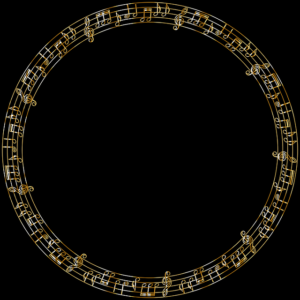A Dental Student’s Guide to…facial nerve palsy – Dentistry – Dentistry.co.uk
This month, Hannah Hook discusses the importance of knowing the signs of facial nerve palsy and the impact it could have on the oral cavity.
Facial nerve palsy often has a rapid onset and can cause great deal of worry to patients experiencing it.
There are various causes of facial nerve palsy, each of which have slightly different presentations and management.
Dentists are not expected to treat a facial palsy. …….

This month, Hannah Hook discusses the importance of knowing the signs of facial nerve palsy and the impact it could have on the oral cavity.
Facial nerve palsy often has a rapid onset and can cause great deal of worry to patients experiencing it.
There are various causes of facial nerve palsy, each of which have slightly different presentations and management.
Dentists are not expected to treat a facial palsy. However, being aware of the signs and symptoms will allow for identification and, where appropriate, prompt referral and treatment.
Furthermore, a facial nerve palsy may also have implications on the oral cavity.
Causes of facial nerve palsy:
- Idiopathic – Bell’s palsy
- Infectious – Ramsy Hunt syndrome
- Iatrogenic – Local anaesthetic
- Tumours – Acoustic neuroma, adenocarcinoma
- Vascular – Stroke
- Trauma
- Congenital – Mobius syndrome.
Idiopathic
Bell’s Palsy
- What: Acute unilateral facial weakness or palsy with a rapid onset
- Why: The cause of Bell’s palsy is currently unknown. However, it has been speculated that inflammation and oedema could cause compression of the facial nerve
- Who: It is the most common type of facial nerve palsy and accounts for approximately 80% of cases. Men and women are equally affected
- Symptoms: Rapid onset, usually less than 72 hours. The affected side may include the ear and post-auricular regions. People may also experience dry mouth, taste disturbances and an inability to close the eye of the affected side
- Treatment: Initiation of steroids within 72 hours of the onset of symptoms.
Infectious
Ramsay Hunt Syndrome
- What: Acute unilateral facial weakness or palsy paired with blistering of the ear canal or mouth on the affected side
- Why: Infection of the facial nerve by varicella-zoster virus (VZV). It is thought that following primary infection by VZV, the virus enters a latent period where it remains dormant in the geniculate ganglion of the facial nerve. When VZV in the geniculate ganglion is reactivated, it can lead to facial nerve palsy
- Who: It is more common in females than males. Also, it is often seen in adults over 60 years of age
- Symptoms: Ear pain, tinnitus or hearing loss may be experienced. As well as this, blistering of the ear canal or mouth on the affected side can occur
- Treatment: Initiation of antivirals and steroids within 72 hours of onset of symptoms.
Iatrogenic
Local anaesthetic
<…….
Source: https://dentistry.co.uk/2022/08/23/a-dental-students-guide-to-facial-nerve-palsy/







